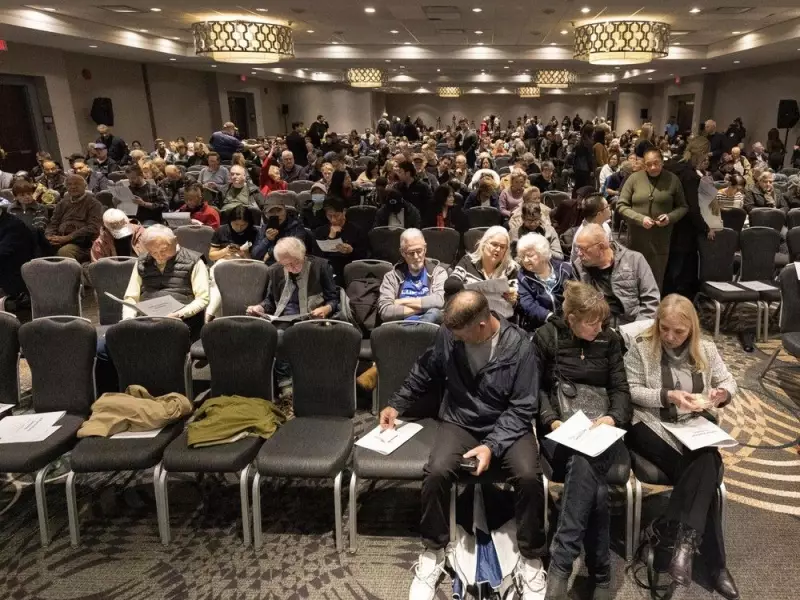
A seismic shift in British Columbia's legal landscape is underway following a landmark B.C. Supreme Court decision that recognizes Indigenous title beyond remote wilderness areas into developed urban and rural regions.
Urban Centers Now Included in Title Recognition
In a ruling that challenges conventional understanding of Aboriginal title, the court has determined that specific properties in Richmond's city center and the Cowichan Valley now fall under proven Indigenous title. This represents a significant departure from previous cases that primarily involved remote, undeveloped lands.
The decision stems from claims by the Cowichan Tribes regarding lands in their traditional territory, including areas within the municipality of North Cowichan and surprisingly, properties in urban Richmond.
Provincial Authority Challenged
The ruling carries profound implications for provincial land management. Justice Thompson's decision explicitly states that the provincial government cannot extinguish Aboriginal title through general land management laws. This fundamentally challenges how British Columbia has historically administered Crown lands.
"This isn't just about remote wilderness anymore," explains one legal expert familiar with the case. "The court is saying Indigenous title can exist in urban settings, and that changes everything for municipal planning and development."
Richmond's Unexpected Inclusion
Perhaps the most surprising aspect of the ruling involves properties in Richmond, a densely populated metropolitan area. The court found that the Cowichan people's winter village network extended to what is now Richmond, establishing their historical connection to the land.
This urban dimension adds complexity to the implementation of Indigenous title, raising questions about how title will be managed in already-developed areas with multiple property interests.
Immediate Impacts and Future Implications
The decision has immediate consequences for the specific properties identified in the ruling, but its ripple effects extend much further:
- Other First Nations may pursue similar claims in urban areas
- Municipal governments must reconsider land-use planning
- Developers face new consultation requirements
- Provincial land management policies require substantial revision
Legal analysts suggest this ruling could accelerate negotiated settlements between the province and First Nations, as the alternative of court-determined title becomes increasingly unpredictable for both sides.
A New Era for Indigenous Relations
This decision marks a pivotal moment in the evolution of Indigenous rights in Canada. By recognizing title in developed areas, the court has moved beyond the wilderness paradigm and acknowledged the continuing presence of Indigenous legal interests throughout the provincial landscape.
As British Columbia grapples with implementing this ruling, one thing is clear: the relationship between Indigenous peoples, the provincial government, and municipal authorities will never be the same.





